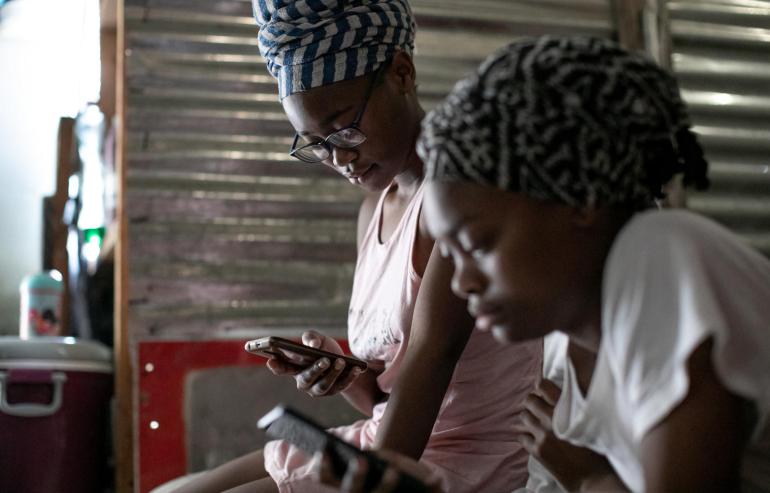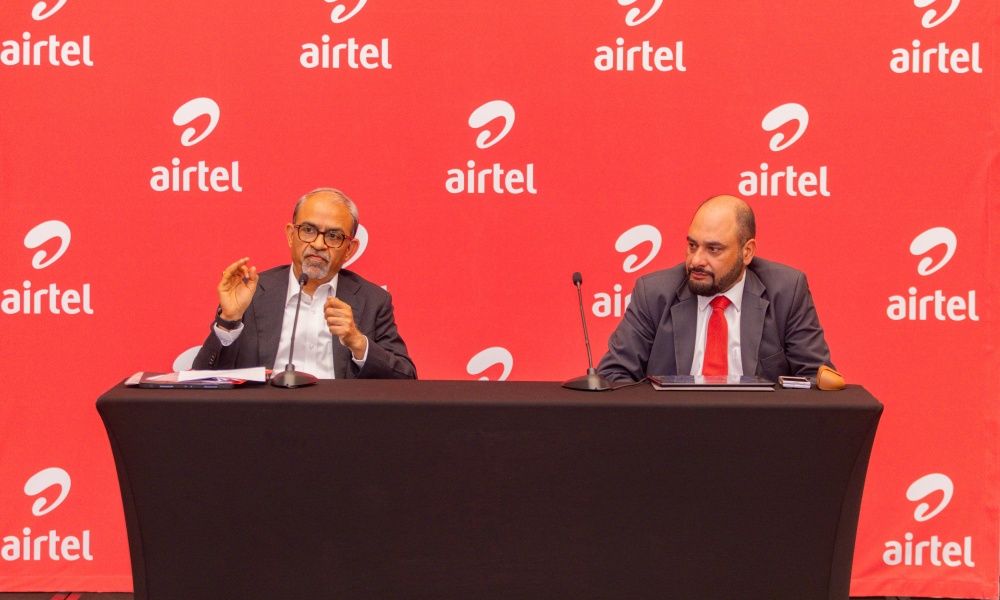According to DataPortal’s Digital 2023: South Africa report, more than a quarter of the country’s population still does not have access to the internet.
At the start of 2023, South Africa had 43.48 million internet users, an internet penetration rate of 72%. Social media users stood at 25.80 million people, roughly 42.9% of the total population which stood at 60 million.
The number of internet users in the country increased by 357,000 (0.8% percent) compared to the same period in 2022.
With regards to speed, the median mobile internet connection speed via cellular networks was 36.70 Mbps. For fixed connections, the median speed was 40.12 Mbps.
Compared to 2022, the data reveals that the median mobile internet connection speed in the country increased by 6.18 Mbps (20%), while the fixed internet connection speeds increased by 10.39 Mbps (35%).
Elsewhere in southern Africa
In Namibia, internet penetration stood at 53%, translating to 1.37 million internet users. This is an increase of 1.4% from 2022. However, internet speeds saw a decline, with mobile connection speeds decreasing by 8.5% to 18.30 Mbps and fixed connection speeds dropping by 9.3% to 8.28 Mbps.
Zambia’s internet penetration stood at 21%, a total of 4.3 million internet users. Internet users in the country increased by 115,000, a 3% increase between 2022 and 2023.
Internet speeds in the country increased quite significantly, with mobile internet connection speeds in Zambia rising by 25% and fixed internet connection speeds rising by 86%.
As of January 2023, Zimbabwe had 5.74 million internet users, an internet penetration rate of 35%. This represents an increase of 117,000 users (2%).
Internet speeds, on the other hand, reflected mixed fortunes. Mobile internet connection speed in the country decreased by 1.69 Mbps (13%) while fixed internet connection speeds increased by 2.14 Mbps (34%).
Although the figures showed an improvement in penetration rates in most of the countries in the region, there remains much work to be done to bring the majority of the populations into the digital economy.
With much concern around the issue of closing the digital divide gap fostered by inequality in access to the internet still around, it remains vital for digital inclusion policies to be implemented to accelerate internet penetration in the region.




















